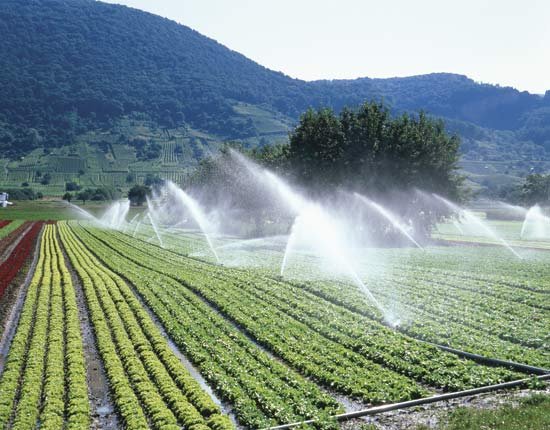Commercial farming is steadily emerging as one of the most promising pillars of Tanzania’s economy, offering a pathway toward food security, rural transformation, and global competitiveness.
As the government and stakeholders in the agricultural sector intensify their calls for transformation, attention is turning to agribusiness—the integration of agriculture with commercial principles to improve productivity, incomes, and exports.
“Agriculture must evolve from mere subsistence into a sustainable business venture,” said an agricultural extension officer during a field session in Morogoro Region. “We need a model that benefits both farmers and the national economy.”
Agriculture remains the largest employer in the country, with over 65% of Tanzanians directly dependent on the land for their livelihoods. However, most farmers still operate on a subsistence farming basis, which limits their ability to generate consistent income or invest in modern techniques.
The shift toward commercial agriculture emphasizes value chains—adding processing, packaging, and export capacity to primary production. Crops such as cotton, cashew nuts, coffee, and sunflower oil are being promoted for both domestic use and international markets.
According to Dr. Emmanuel Nombo, an agricultural economist, transforming farming into a viable business requires market intelligence, investment in infrastructure, and supportive government policies. “Without access to credit, reliable weather data, and training in financial literacy, the farmer cannot become a true entrepreneur,” he said.
Also Read; Congo and U.S. Close to Critical Minerals Pact
Programs like the Agricultural Sector Development Programme (ASDP) and initiatives under the Tanzania Agricultural Development Bank (TADB) aim to provide tools, finance, and technology to boost yields and farmer incomes.
At the same time, challenges remain. Climate change is severely impacting crop patterns, water availability, and soil fertility. Many farmers are now exploring climate-smart agriculture practices to build resilience against unpredictable weather events.
“Traditional farming methods alone can’t withstand the realities of today’s climate,” said a policy advisor from the Food and Agriculture Organization (FAO). “Farmers need access to innovation, whether it’s improved seed varieties or early warning systems.”
Another concern is access to global markets. Participation in regional blocs such as the East African Community (EAC) is seen as critical to ensuring Tanzanian products meet international standards and reach broader audiences.







